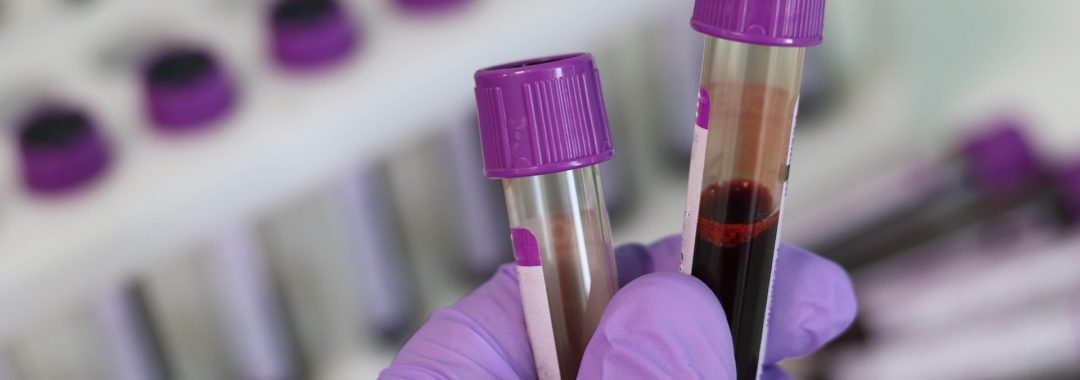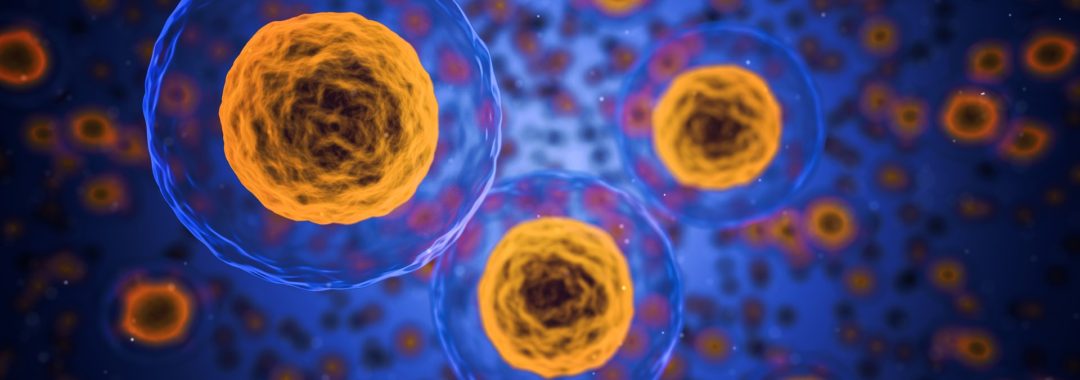By now many of you would know my stance on Period Pain not being normal and that the sooner you get the cause treated and managed the better one is going to be in their day to day life.
Unfortunately not everyone knows that Period Pain is not normal and neither are some of the other symptoms women get each month with the onset of their menstrual cycle. Having heavy bleeding, bleeding in between cycles, menstrual cramps, severe pain, irritable bowel like symptoms, dark clotting, ovulation pain, bowel and bladder pain and urgency etc, are all not normal symptoms that a woman should endure with her cycle. Getting these symptoms at any time of your cycle is not normal either.
Early intervention and early management is the key to any disease state in the body and this definitely applies to menstrual issues and gynaecological disorders. Once a disease is expressed into the body, it can be very hard to treat, especially if it is left a long time and then inflammation spreads to other parts of the body, or in close proximity to where the initial disease was first expressed.
One of the reasons that prompted me to do this post was after a young woman, now in her 30’s, had contacted me and thanked me for helping her back when she was in high school. Since then I have known all of her family well and helped with maintaining their health. At the time she was about 14 years old and showed all the signs and symptoms of endometriosis. She was in so much pain each month, when her cycle came, and she was often curled up on the floor with nausea and vomiting from the pain. Everyone, including GP’s etc, had told her this is normal and that she needed to get used to it. They also told her that she is too young to have endometriosis, or any major gynaecological condition.
That is so bad. Please, please know that period pain IS NOT normal and that teenagers are not too young to have endometriosis. To be honest, they are now finding endometriosis in young girls under 10 years old. Many gynaecological issues can start very early on in a woman’s life, especially if there are hereditary factors involved. Gynaecological and menstrual issues can be passed from generation to generation, so if mum, or your grandmother, or someone in your family tree had menstrual issues, or a gynaecological condition, there is a good chance that you may inherit this as well.
The long and short of it all was that her mother was also getting frustrated at everyone not helping and somehow ended up finding out about me and ended up in my clinic. From there I got her into one of the advanced trained laparoscopic surgeons I work closely with as soon as possible and this is where stage 4 endometriosis was found and excised properly. Without coming to see me, this poor girl would never have found the cause of her menstrual pain and associated symptoms. I then did all her management of her disease moving forward. The main thing that this young girl and her mother were worried about was how this was affecting her education and daily life, but how this could also affect her future fertility.
The one thing I know is that the sooner there is intervention and treatment, the better the prognosis for a woman’s future fertility is. The one thing I do know is that endometriosis doesn’t always cause infertility, but it can make it harder to fall pregnant, if it isn’t managed early enough. The longer you leave a disease in the body untreated, the worse it gets, and then the symptoms get worse and the worse the future outcomes may be.
Lucky for this young lady is that she did have early intervention and management and she has proudly messaged me to tell me that she has had her 3rd child and that she puts it all down to me helping her when she was younger. I have many women message me and tell me much the same thing. It is so important not to leave these things just because you are being told it is normal. What the hell is normal about being in so much pain that you feel like you could die?
All too often I see women having gynaecological conditions, like endometriosis, missed and dismissed and that the longer that the disease has been dismissed, the harder it is going to be to treat. That is a sad fact for many women and some will have to endure repeated surgeries due to being missed and dismissed and have a life of issues, if their issue isn’t managed properly either. Many have not seen the right healthcare professionals, or the right surgeon either.
I have discussed in many of my previous posts. Please have a read of my previous posts about this subject and the seeing the right team of people. This is why it is so important to have early intervention and also see a proper advanced trained laparoscopic surgeon who specialises in the excision of disease states like endometriosis. Then there needs to be proper management and treatments and lifestyle changes administered to help with suppression of the disease state, helping with inflammation and improving quality of day to day life.
There needs to be a multimodality/team like approach to the management of women with gynaecological issues, as there is no one single fixes all approach, with any medicine. While surgery may be a necessary part of the overall management of disease states such as endometriosis, it isn’t the saviour that many perceive it to be. Surgery does not sure endometriosis and there is no cure for the disease at present time. Once you have it, it is there for good.
Surgery is a necessary but small part of the overall picture that needs to combine many other treatments and modalities to give the best outcome for a woman overall. Once the surgery is done you need to look at managing and suppressing the disease and this is done by lifestyle changes, dietary changes, acupuncture, physio, herbal medicines, hormone therapies, pilates, yoga, pelvic floor and core exercises and many other modalities depending on one’s individual symptoms.
When I treat women with gynaecological conditions, or menstrual issues, I make sure they all get an individualised, person centred, caring approach tailored to how they are presenting rather than a one treatment for all approach that many seem to get. You won’t get the results you need that way because we are all individuals with different needs and different symptoms overall.
Lastly, please remember that period pain and menstrual irregularities are not normal and that the earlier you get onto it and get it treated and managed, the better your future outcomes will be.
Regards
Dr Andrew Orr
-No Stone Left Unturned
-Period Pain IS NOT Normal












